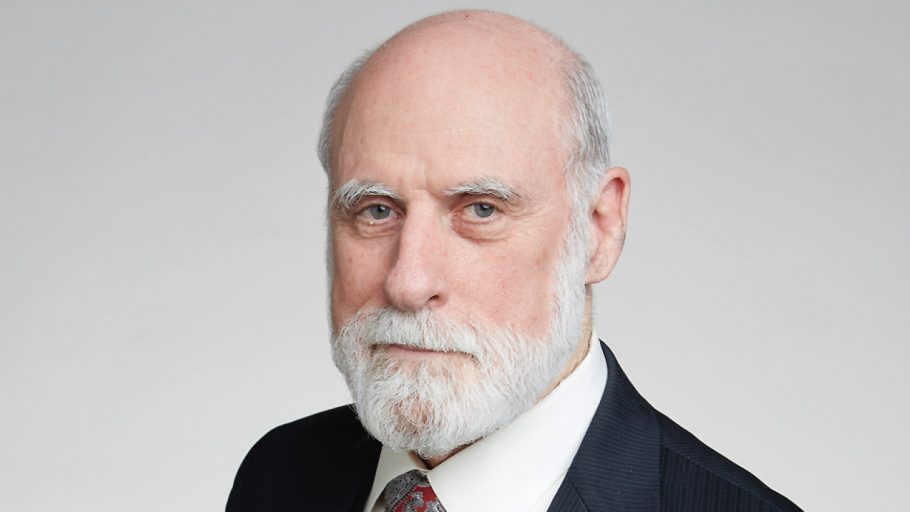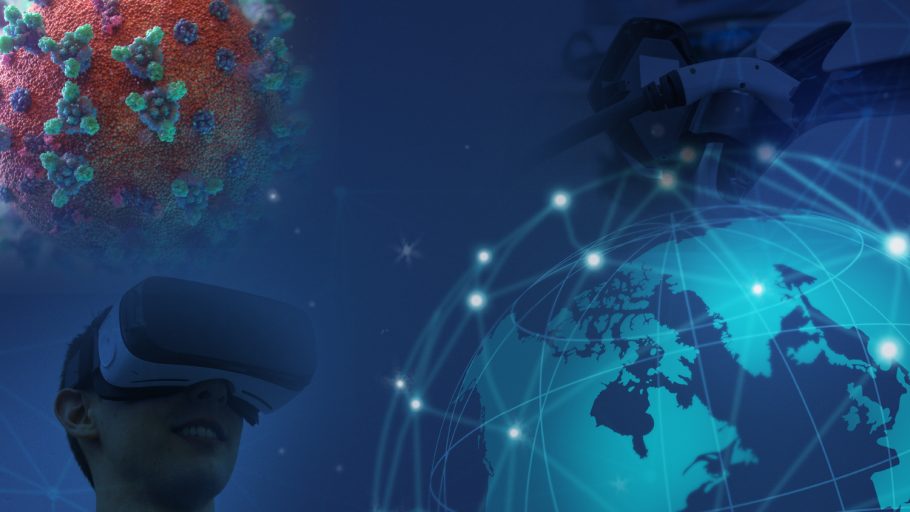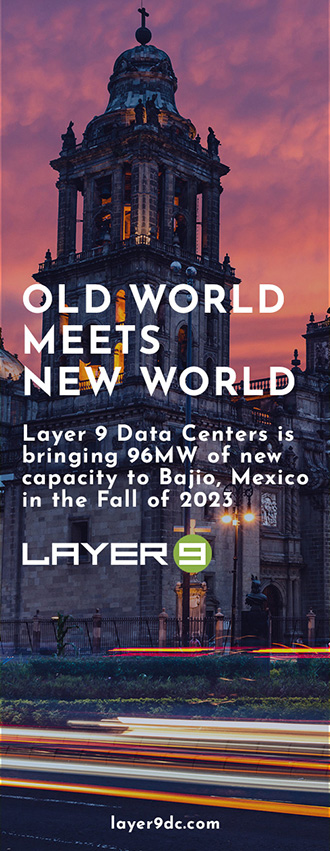Will we ever actually enter a post-pandemic world? It seems doubtful given the rapid evolution of SARS-COV-2 and the recent emergence of the Omicron variant which has been spreading globally, yet again. More likely we will wind up with some combination of flu and COVID seasons annually with requisite annual boosters for those who are vulnerable. This is just one legacy of the COVID-19 pandemic. There are others worth considering.
WORK FROM HOME ANYWHERE
Businesses have learned that it is possible for a significant amount of work to be conducted remotely and successfully. When we talk about ‘remotely’, it really does not matter whether you are home or elsewhere. Among others, Google has managed to operate its global system of products and services while a significant fraction of its employees work from home, as they have been doing since about March 2020. I am one of them. Working from home does bring challenges for organizations as our home networks overnight became part of the corporate LAN. There has been a rapid shift toward synchronous bandwidth needed for the constant video conferencing.
HOME SCHOOLING
Of course, “school from home” has also been a requirement in many locations. I think that has been somewhat less successful considering that teachers and educational institutions were less well equipped for this abrupt introduction of “home schooling.” Moreover, working from home and schooling from home had the potential for collision over available Internet resources, equipment (laptops and tablets), and places at home in which to conduct parallel work and school activities. University classes fared somewhat better, in part because they were already moving in this direction for reasons of efficiency and scale.

THE LONG TERM EFFECTS
The pandemic also highlighted the fragility of supply chain operation when people were unable to work in proximity to one another. Food production is a good example of that problem, considering the way in which food processing plants were physically structured. We have also seen significant disruption of container ship offloading at port facilities, in part occasioned by the difficulty of staffing the port operation. Many other jobs suffered similar impairment in the tourism and recreation industry, restaurants and bars, movie theaters, sports arenas and other venues where proximity is the norm. The consequence of these experiences will likely have a long-term effect on business. More restaurants will be prepared for “carry out” operations and perhaps sporting events will retain a significant amount of remote, paid participation.
ABOUT THE AUTHOR
Dr. Vinton G. Cerf is Vice President and Chief Internet Evangelist for Google. Widely known as one of the “Fathers of the Internet,” Cerf is the co-designer of the TCP/IP protocols and the architecture of the Internet. For his pioneering work in this field as well as for his inspired leadership, Cerf received the A.M. Turning Award, the highest honor in computer science, in 2004.
At Google, Cerf is responsible for identifying new enabling technologies to support the development of advanced, Internet-based products and services. Cerf is also Chairman of the Internet Ecosystem Innovation Committee (IEIC), which is an independent committee that promotes Internet diversity forming global Internet nexus points, and one of global industry leaders honored in the inaugural InterGlobix Magazine Titans List.
Cerf is former Senior Vice President of Technology Strategy for MCI Communications Corporation, where he was responsible for guiding corporate strategy development from the technical perspective. Previously, Cerf served as MCI’s Senior Vice President of Architecture and Technology, where he led a team of architects and engineers to design advanced networking frameworks, including Internet-based solutions for delivering a combination of data, information, voice, and video services for business and consumer use. He also previously served as Chairman of the Internet Corporation for Assigned Names and Numbers (ICANN), the group that oversees the Internet’s growth and expansion, and Founding President of the Internet Society.



